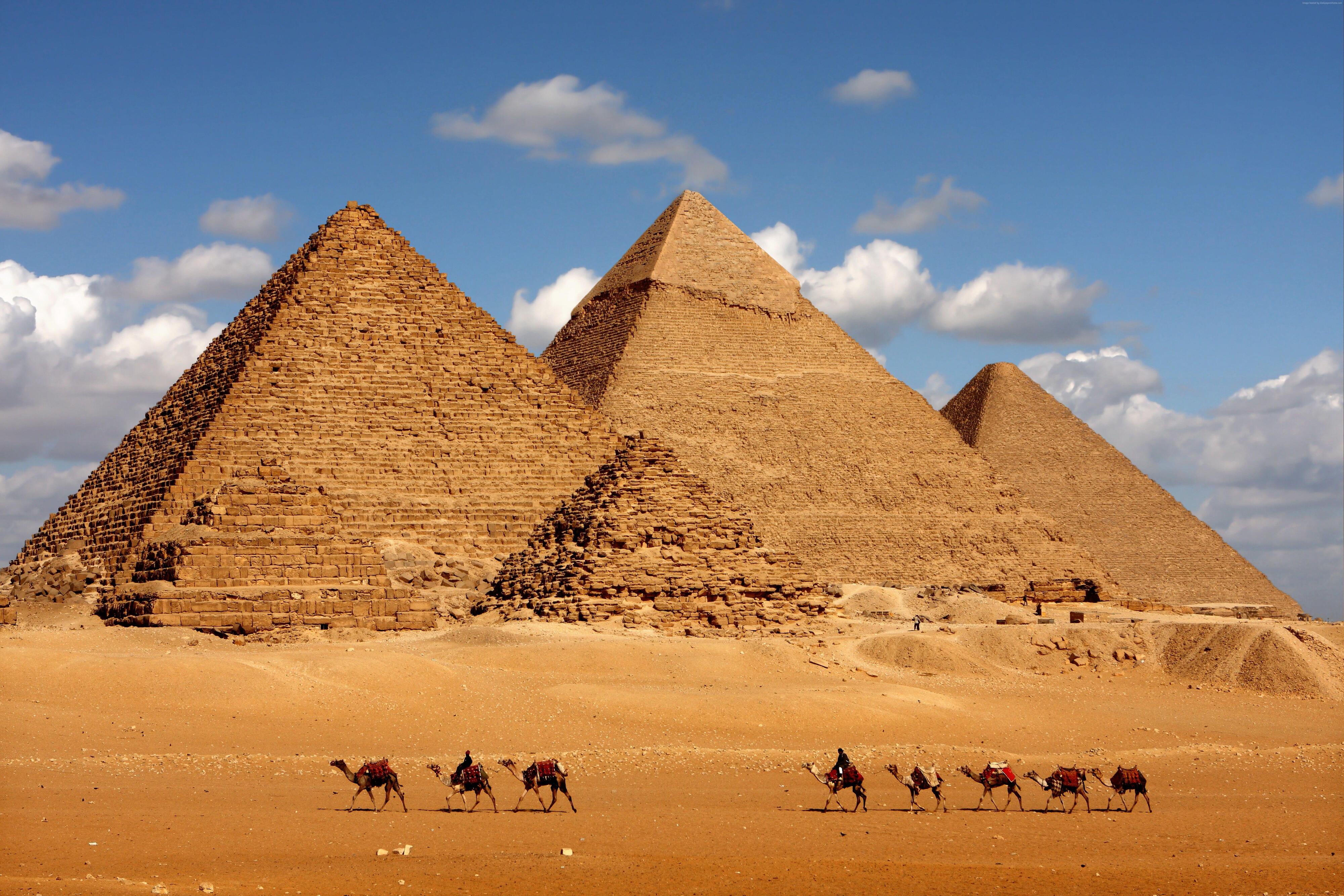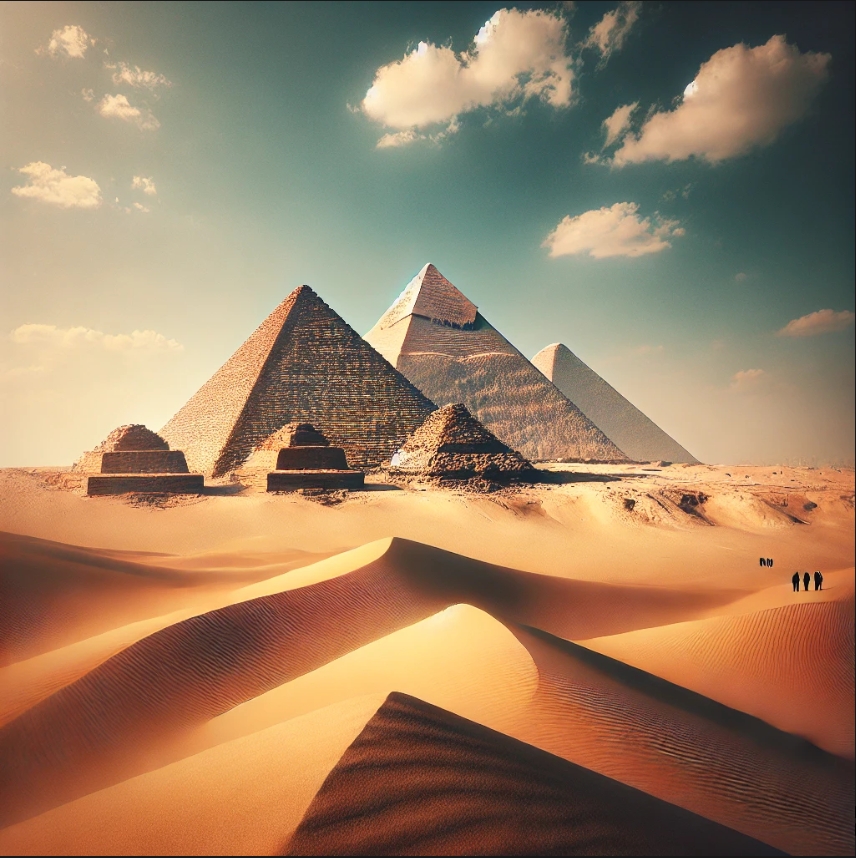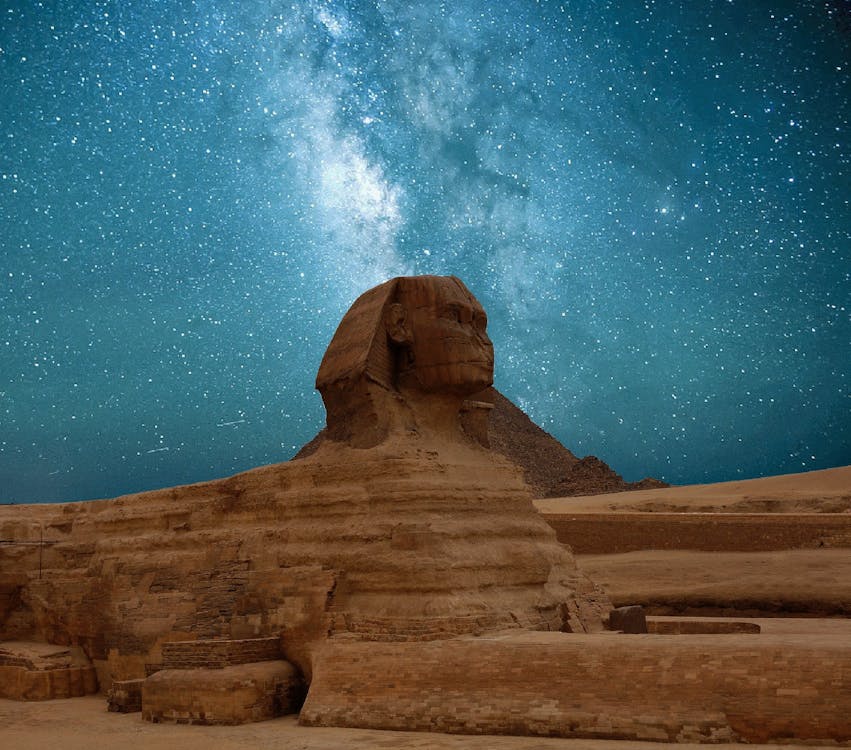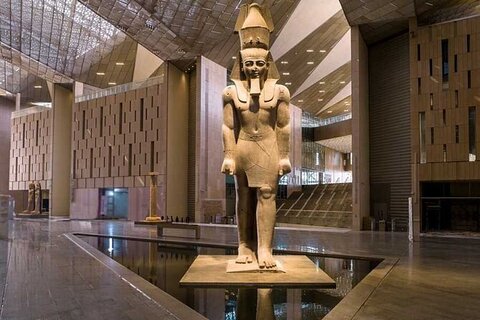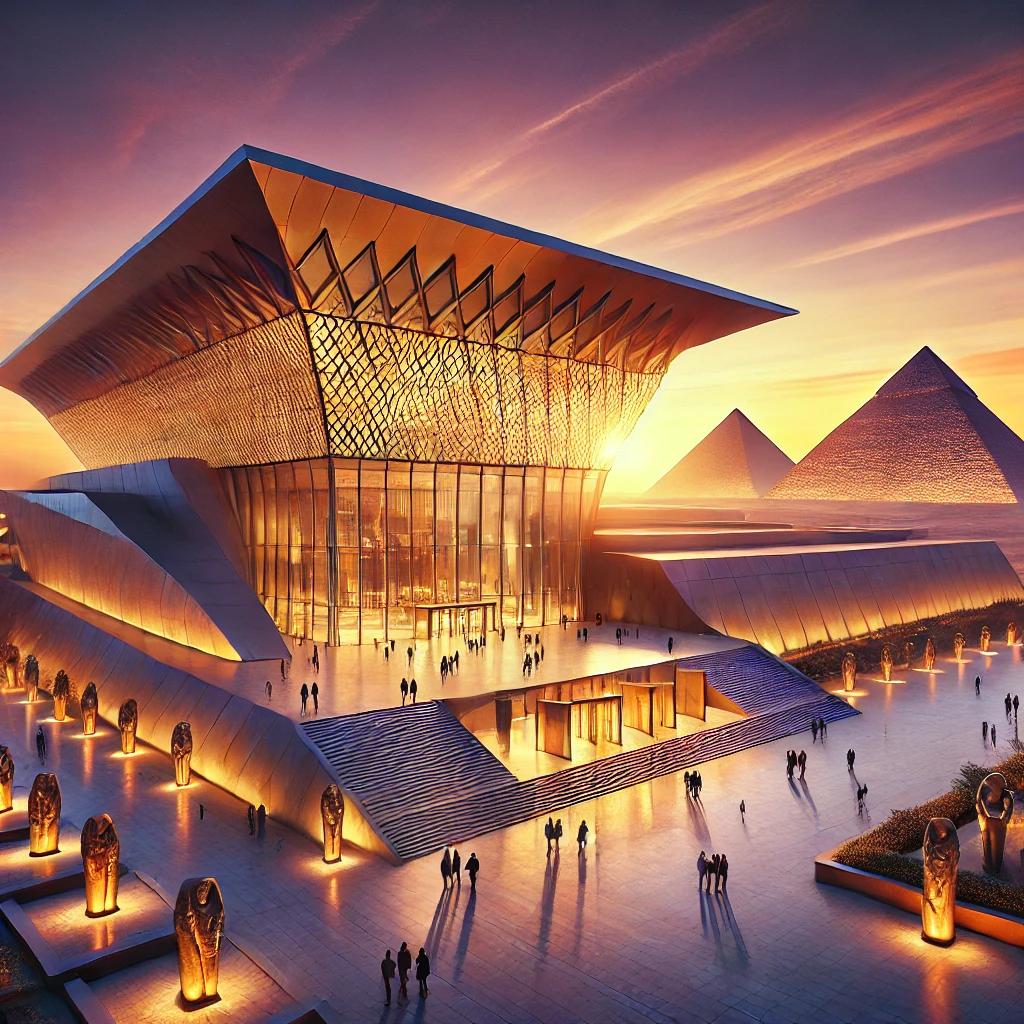Giza
Giza is one of Egypt's most historically rich cities, renowned for its cultural diversity and wealth of monuments spanning various eras. It serves as an open-air museum, home to ancient Pharaonic, Greek, Roman, Coptic, and Islamic landmarks. The city's roots trace back to the founding of Uon, or Heliopolis (modern-day Ain Shams), one of the earliest cities in the ancient world.
As for Cairo, its present form emerged after the Islamic conquest of Egypt by Amr bin Al-Aas in 641, which led to the creation of Fustat. This was followed by the Abbasid construction of Askar. In 969, the Fatimid caliph al-Muizz ordered the establishment of the city we now know as Cairo. Over the centuries, Cairo has been called many names, including "The City of a Thousand Minarets" and "Egypt's Mahrousa." During the Islamic period, the city became a center of architectural brilliance, with the construction of castles, forts, mosques, and schools that still grace its ancient neighborhoods today.


